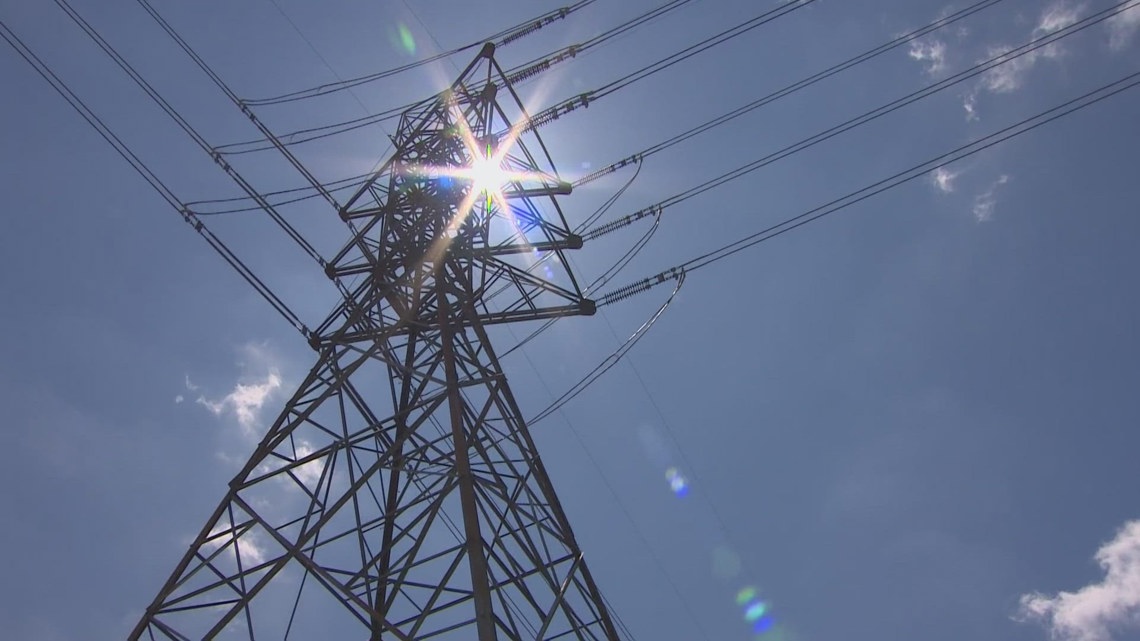
CenterPoint says the Systemwide Resiliency Plan will improve distribution poles, vegetation management and stronger transmission towers.
HOUSTON — On Friday, the Texas Public Utility Commission approved CenterPoint’s $2.9 billion Systemwide Resiliency Plan, which will be paid for by customers starting next year. The utility says the investment will significantly improve grid reliability after recent storms exposed major vulnerabilities.
Reactions from Houstonians are mixed. Some say a stronger grid is overdue, while others question why customers should foot the bill.
Hurricane Beryl left lasting impacts on many families.
“We did flood… we had mold issues and it was just a lot of inconveniences,” said Krysta Mbeche.
Mohammad Khan, who lost power for eight days, said he’s not convinced customers should be responsible for the cost.
“I think something needs to be done. I’m not sure if it should be done at the expense of the customers,” Khan said.
CenterPoint says its $2.9 billion plan aims to build the most resilient coastal grid in the country. The proposal includes raising 99% of substations above the 500-year floodplain and expanding vegetation management.
Energy expert Ed Hirs says the company is already under pressure to improve storm readiness. Gov. Greg Abbott set resiliency deadlines for utilities following last year’s derecho and Hurricane Beryl.
“CenterPoint is already undertaking a lot of hardening work… but much of it was brought on by the derecho and Beryl,” Hirs said, adding the utility historically trimmed vegetation on only 20% of its overhead lines.
Some customers say they’re willing to pay a little more to avoid extended outages in future storms.
“It doesn’t really matter to be honest — $4, it’s like inflation,” said Kyle Baron. “I think we do need a stronger grid for sure.”
CenterPoint estimates that customer bills will increase by about $1 per year for the next three years, with charges expected to begin after the first quarter of 2026.
CenterPoint Energy statement:
“As part of our commitment to building the most resilient coastal grid in the country, we are focused on performing critical vegetation management to improve reliability and reduce storm-related outages. High-risk vegetation remains the leading cause of outages in Houston… With approval of our Systemwide Resiliency Plan, we can move to an industry-leading three-year trim cycle… We appreciate the Commission’s recognition of the importance of improving reliability and resiliency across Greater Houston.”
Got a news tip or story idea? Email us at newstips@khou.com or call 713-521-4310 and include your name and the best way to reach you.
